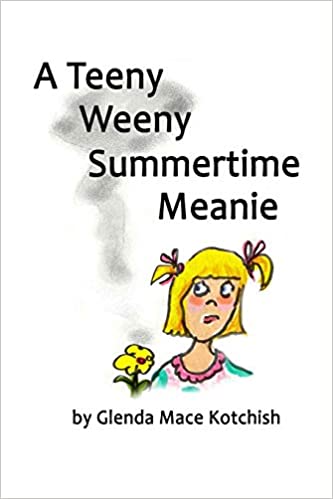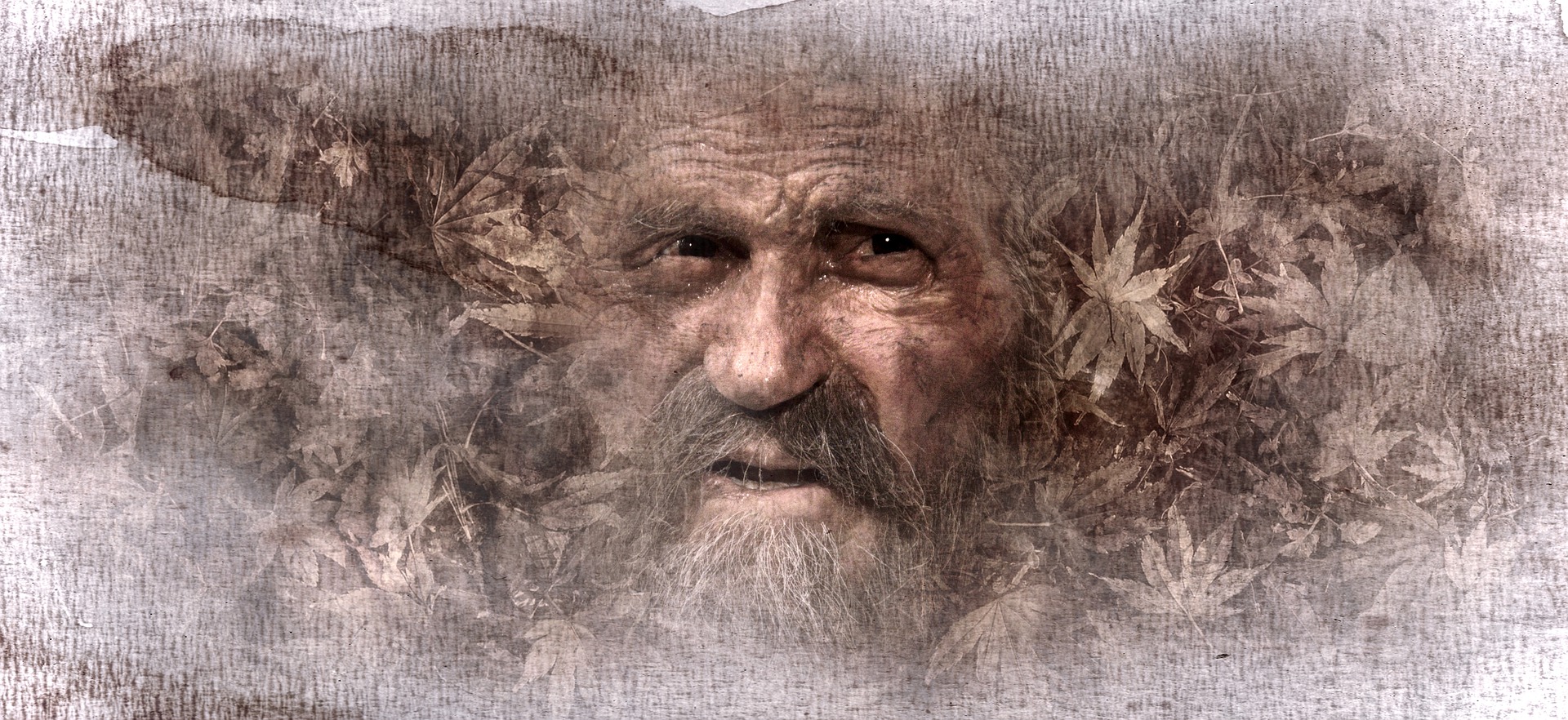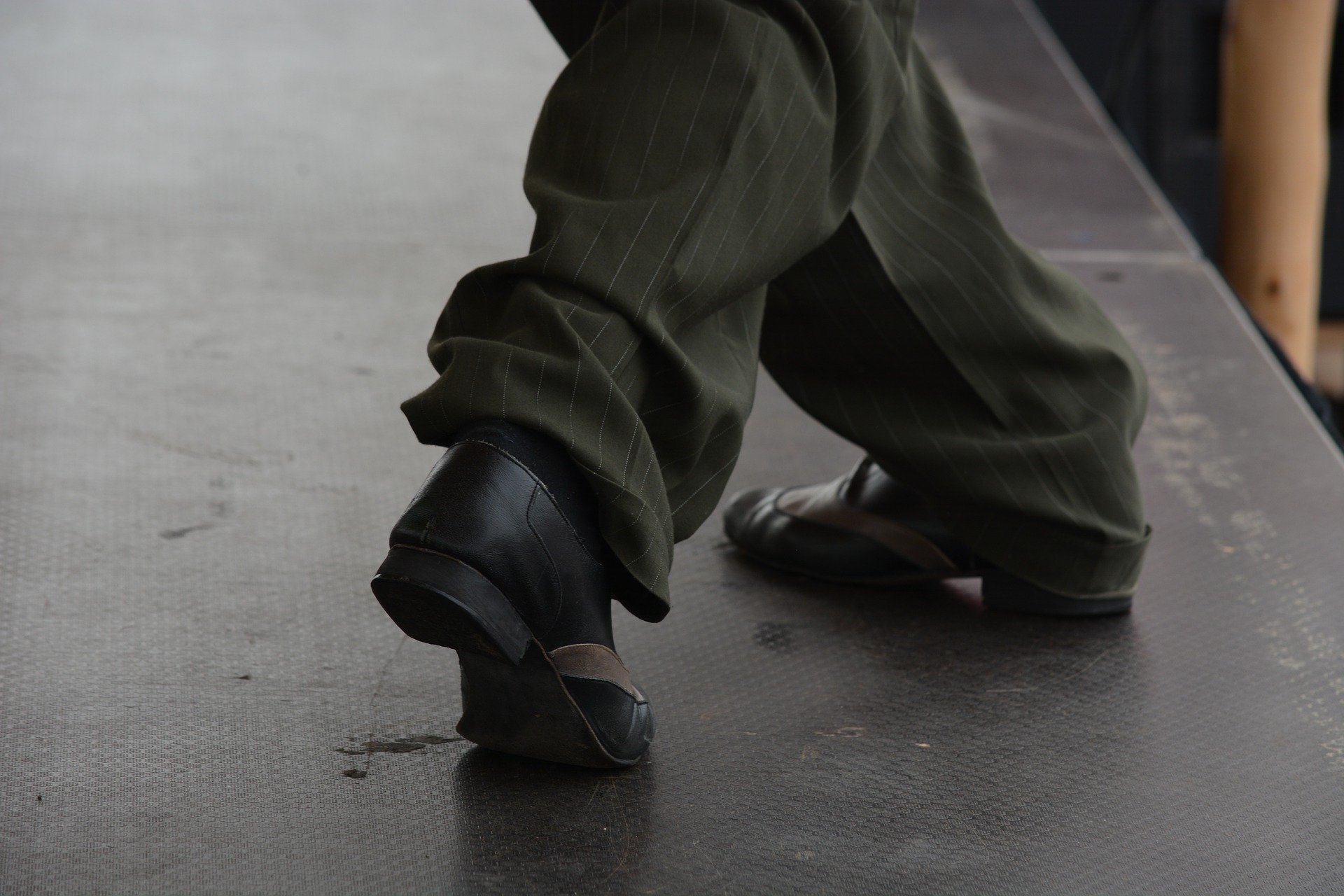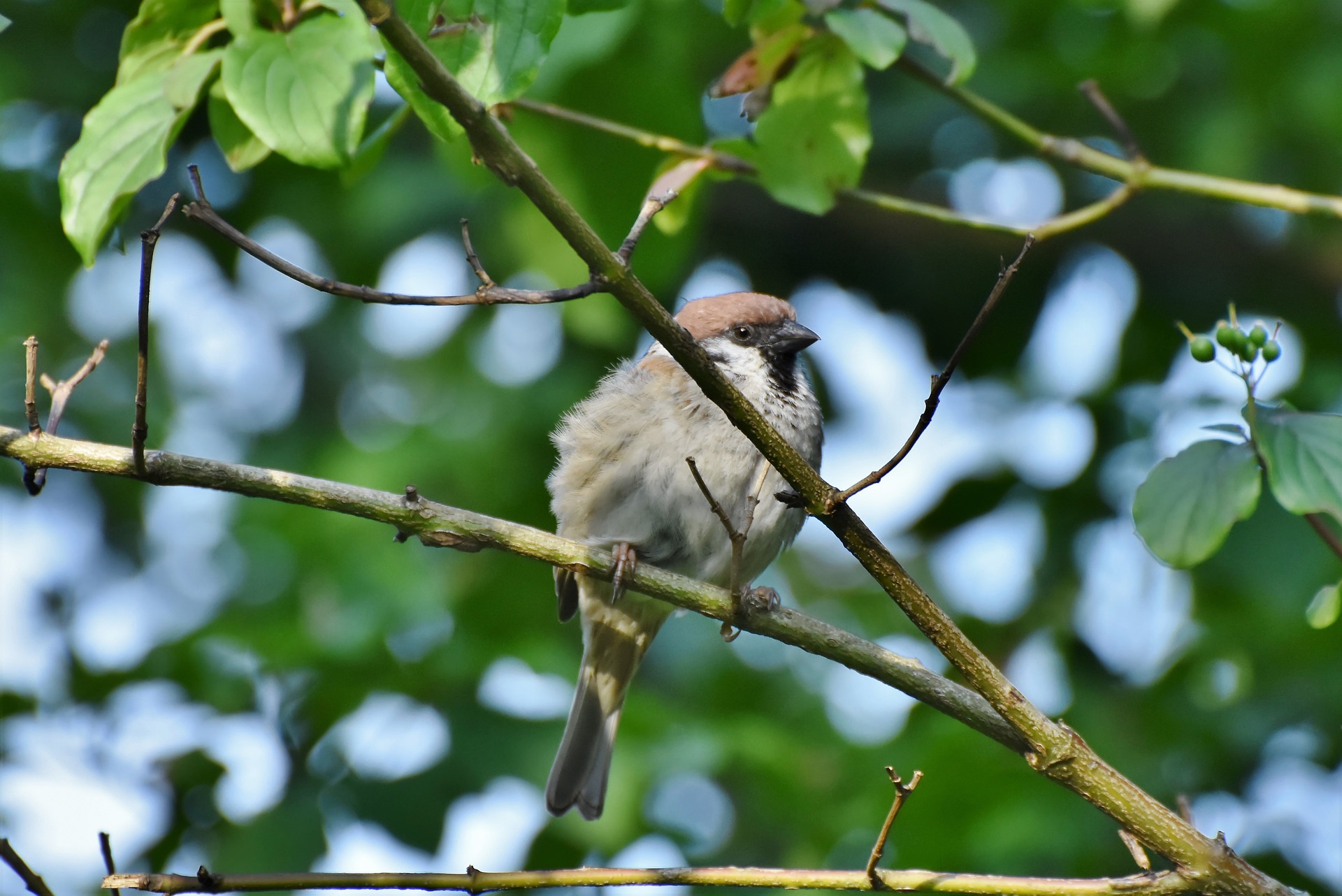
Once upon a time, there was this really big and really bad wolf. Well, that was what people said about her, for she had a reputation, you see. It, the reputation, was more about wolves in general and not specifically about this wolf. But no matter, she could have been a sweet, kind, and loving wolf but, the fact is, no one ever got close enough to find out.
Granted, she was really big and had big ears, big teeth, and big powerful legs. She was a swift as a chetah and her muscles were as strong as a bull’s. Her coat was thick and shiny and the color of silver. Her sight was piercing and her sense of smell beyond keen, for she could smell something as tiny as an ant a mile away. She could tell the age of a rabbit, the size of a deer, the weight of a horse by sniffing the air, with her eyes closed. And because of her acute senses and strength, she had no predators and no fear of man or beast. Nor was she afraid of rain that raged for days, of overflowing streams or of high water. For she was clever and through instinct and intellect, she knew where to go and what to do to avoid these dangers. And when it snowed and winter blizzards blew, she likewise knew where and how to take shelter. I cannot say that she enjoyed these natural phenomenons for who can know the mind of a wolf except the wolf herself? But I can say that she, unlike humans, did not fight nature. She learned and lived within nature. She knew hunger. She knew pain. But she did not know fear. This wolf was the alpha of the pack. She chose her mate. She alone, in the pack, birthed pups, for she was the strongest and most clever. The pack roamed the forest in the hills, under her guide, following her lead.
One day this amazing creature went for a walk and happened upon a pig who was miraculously building a house of straw, without the aid of any tools, using only her cloven feet and snout. And this big, very bad, wolf abandoned her instincts and instead of tearing the jugular from the pig’s throat, she tried to blow its house down. And after a few huffs and puffs, she was successful and gobbled up the pig.
Well, of course, this never happened but what I’m about to tell you did, in fact, did take place. There was a man named Tom Swope who imagined this big, bad wolf of fairy tales. He’d never actually seen her, at least not up close. Perhaps those few glimpses of the sleek, silver female, from a quarter-mile away, she seeing him first and slipping silently into the shadows, the trees, the underbrush, fueled his imagination about her and his desire to own her–to breed her. He imagined his success–puppies–wolf hybrids–domesticated wolves. What a fortune he would make. The money that rolled in, even for a single hybrid, would secure him a reputation, money, and fame. Tom Swope sat before the woodstove in his shabby, little house in the hills, staring into space, beads of whiskey pilled onto his grey whiskers, causing them to glisten in the light from the kerosene lamp. He closed his eyes and sank deeper into the tattered and worn armchair, dreaming of the kennel, no kennels–many kennels–a new, modern facility with a fancy reception room, shiny floors, gleaming with light and with a pretty young receptionist who would greet clients. And only the most important clients, celebrities, politicians, billionaires would be allowed access to the private office of Tom Swope, the famous wolf breeder.
But first, he must trap her, trap her without damaging her. This thought annoyed him and brought him out of his reverie. He opened his eyes and only then noticed the whining from the dog pens.
“Humph, feeding time,” he thought. He rose, pulled on his jacket and went to his truck in the yard, an ancient 1970 Ford 250 pickup, once blue, faded to the color of nothing. He opened the tailgate by unhooking the coat-hanger-jerry-rigged latch and pulled out a cooler. This he carried to the dog pens and tossed in the beef–scraps of beef from the meat processing plant. Tom knew a guy and they had an arrangement, a would-be partner to his enterprize. “Ha! In his dreams, maybe,” thought Tom Swope. The dogs scrambled over each other to get at the meat. It was gone in seconds.
Tom Swope went back into the house and sat down at the table, pondering the nature of traps.
© Glenda Kotchish
January 2020










